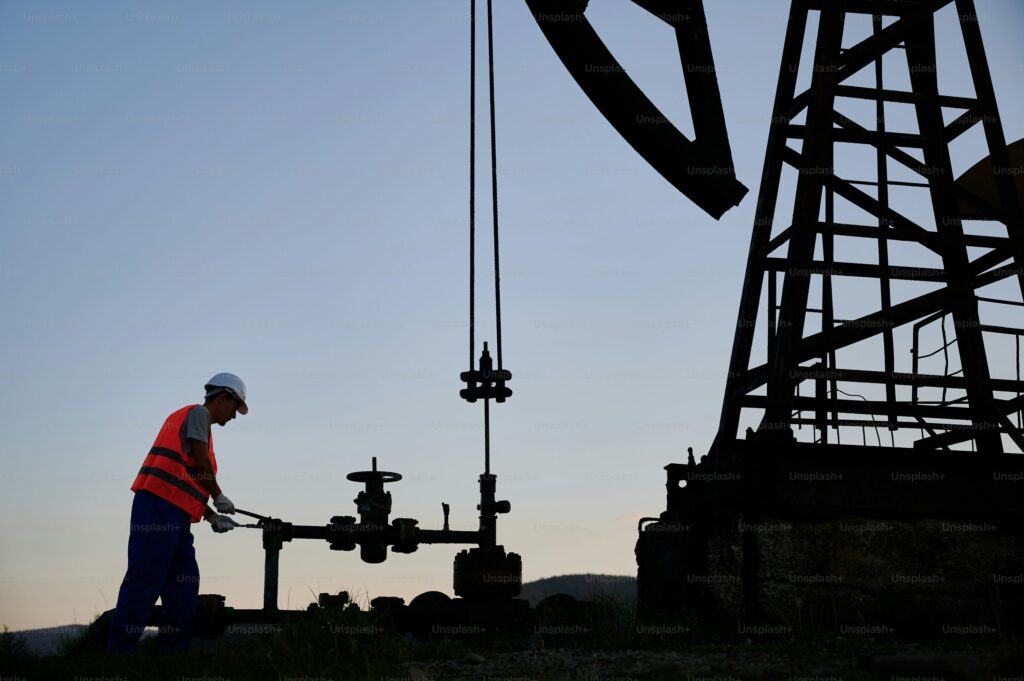Canada’s Ecofiscal Commission huffs and puffs and announces in its final report that all will be well if we impose a carbon tax of $210/tonne by 2030. And you can tell they used a computer because if it was just a guess it would be a round number, say $200. But $210? That’s precision for you. Regrettably it means precisely nothing.
For starters, if they really were making exact econometric calculations why would the number come out at a round $210 and not, say, $214.37? There’s always something suspicious about precise calculations of imprecise processes. But never mind.
For now also ignore the politics. Including that the feds had enough grief introducing a carbon tax at $10/tonne and their pledge to increase it to $50/tonne over the coming three years has yet to pass muster with the electorate. A further $160 hike might or might not get us to the Paris target, but would guarantee the demise of whichever government proposed it. Perhaps it was a mistake for the climate activists to keep claiming over the years that cutting emissions will be a great boost for the economy, if what they wanted was a mandate to impose heavy costs.
So let’s talk economics. To give Ecofiscal credit where due, they are consistent. Its members believe that (a) we face a crisis because of man-made CO2 and (b) incentives matter. And since the latter is undeniably true, if you also believe the former you want to use market mechanisms to reduce CO2 emissions at the least cost. And carbon taxes do seem to be better than regulations, provided of course that they take the place of regulations rather than being piled on top of them. But surely the commission’s members also realize that, precisely because incentives matter, it’s foolishness to take money out of people’s front pockets and stuff it back into their back pockets and expect it to change their behaviour.
There’s the real puzzle about this report, and this body. That they know enough economics to say that carbon taxes have to rise considerably to reduce fossil fuel use. Thus their recommendation that the tax rise from $30 per tonne in 2020 to the spuriously precise $210 per tonne in 2030. (Mind you that amount would only supposedly get us to our Paris targets which the alarmists say are no use anyway.) And that while in principle a properly tailored regulatory regime would work almost as well as their preferred carbon pricing option, we know that regulatory regimes are rarely properly tailored including because those most affected tend to lobby governments to make politically rather than economically rational decisions.
All that said, we must now point out that the whole carbon pricing plan is utter rubbish because of, well, politically rather than economically rational decisions. In order to make carbon taxes palatable, the Liberal government has chosen to rebate the money raised and the Ecofiscal Commission approves of that approach. It says redistributive rebates are even more cost effective than per capita ones, labeling the latter “High” on cost effectiveness and the former “Very high”. Neither is true.
The whole premise of rebating the carbon tax money assumes there would be money to rebate. And as noted above the reason politicians won’t propose a $210 carbon tax is that they know it would cause the economy to go into recession and their party to go into opposition. And recessions, in addition to causing unemployment and general misery also means less money coming into the government kitty. So they wouldn’t be able to rebate the carbon tax revenue because they would need it to make up for the lost tax revenue everywhere else. But what if they did have extra money for rebates, possibly because they scrambled to shove the carbon tax revenue back into people’s pockets as fast as they took it out?
Remember, energy is what economists call “demand inelastic”. Which means that because you need it a lot and there aren’t readily available substitutes, if the price goes up you cut back on other stuff to keep buying it. If the price of apples rises you might buy more oranges. If the price of coffee rises you might switch to tea, but more reluctantly. But if the price of gas goes up, your options for walking instead are limited by distance, weather, time, what you need to carry, your health and all sorts of other things. As for heating your house, well, it’s just not optional and we all turned the thermostat down already.
So guess what people will spend their rebates on. The only way to get people to stop using gasoline is to ban it. And if you thought a carbon tax would be unpopular… (Also remember that even when marijuana was illegal and alcohol was legal, people spent billions of dollars and risked jail to get the former high not the latter. People are stubborn about their preferences, even seemingly irrational ones. And having a working truck is not an irrational desire.)
All this razzle-dazzle about carbon taxes means nothing if you give the money back and people take it straight to the gas station. As anyone with half an economics degree ought surely to have known. Even if they also have a computer.



This article misses the point that the rebate rewards people with a low carbon footprint, does nothing to people who have an average carbon footprint and punishes people who have a high carbon footprint. Therefore the tax does incentivize people to lower their carbon footprint. Of course that carbon footprint can only be lowered if an activity is non essential or can be done using different methods. Therefore the tax will only significantly affect a small percentage of the national carbon footprint. New cost effective technologies will be required if we wish to have a wider impact.